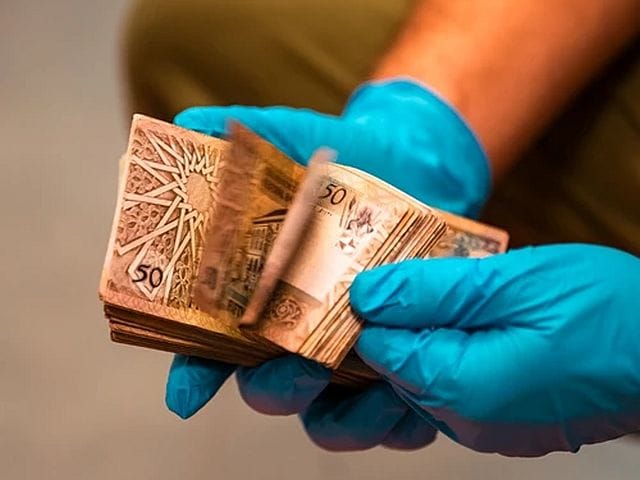Hawala is a system used for transferring funds from one point to another without formal documentation or face-to-face meetings. It originated in India and was further developed in the Middle East long before European banks. The system operates through a network of money changers and relies on trust and reputation, often based on clan ties.
Here's a simplified explanation of how it works, as described by the IDF's Spokesperson's Unit: Let's say you want to give me 100 shekels discreetly. You would approach Gila and give her the 100 shekels. She takes a small commission for herself, say 10 shekels, and with the remaining 90 shekels, she purchases an item like chewing gum. She then passes on the gum to Roi, who sells it and takes a commission, say another 10 shekels, before passing the remaining 80 shekels to me. This way, there's no paper trail, making it difficult to trace, unlike crimes such as illegal arms or drug trafficking.
In reality, there are many individuals like Gila and Roi involved in this network, enabling the movement of billions of dollars while bypassing conventional control systems. Iran utilizes these systems to finance its proxies, and the financial strength of Hezbollah and Hamas relies heavily on them.
In recent months, the IDF has dealt significant blows to this financial network in the Gaza Strip and Judea and Samaria. Through the efforts of military intelligence and the general security service, at least five money changers serving Hamas in the Gaza Strip were neutralized. Prominent among them were Tsabhi Fruana, Muhammad Judah, and Nazer Yaqub Jaber Nazer. Additionally, numerous arrests of money changers and seizures of large sums of money were conducted in Judea and Samaria.
"The economic battle against Hamas will only intensify as we aim to cripple their financial support," emphasizes the unit.












